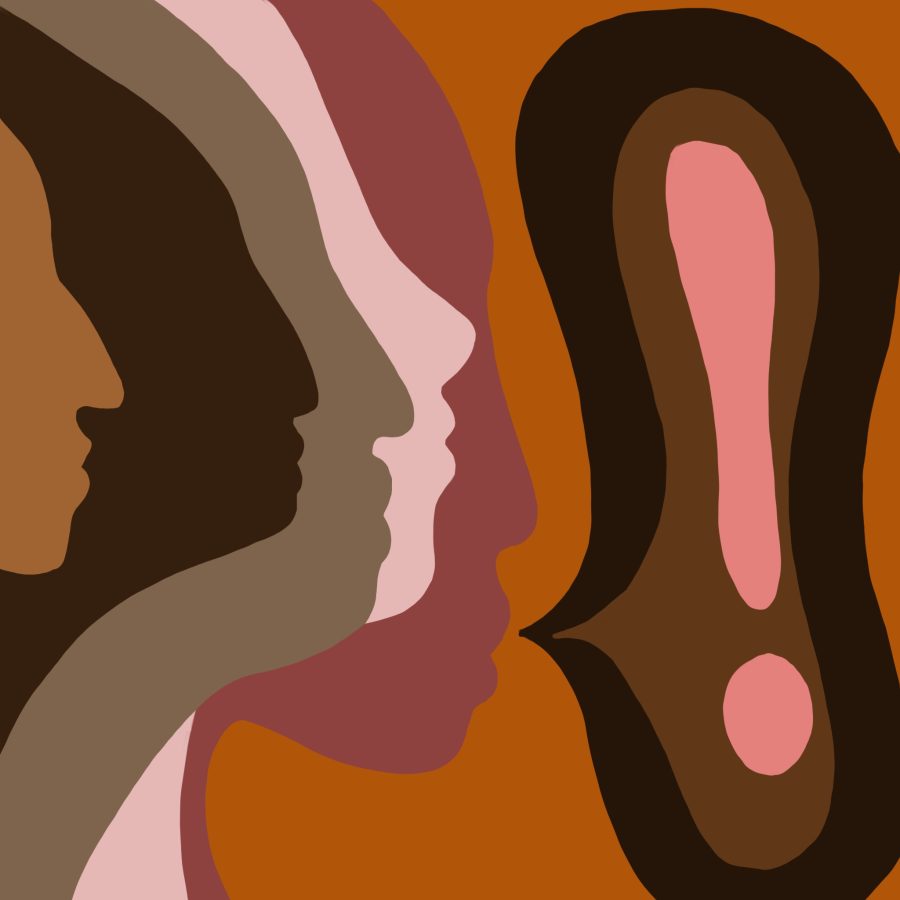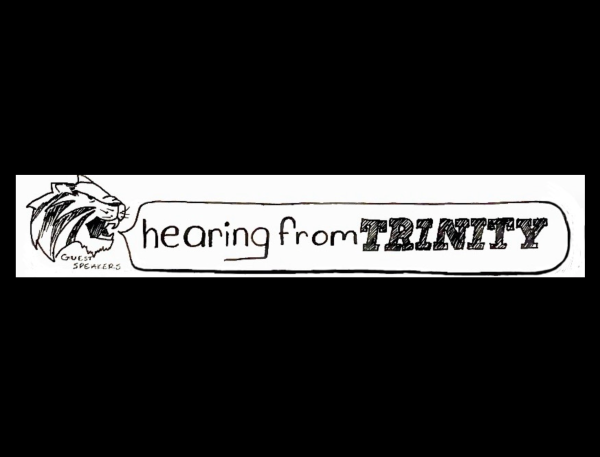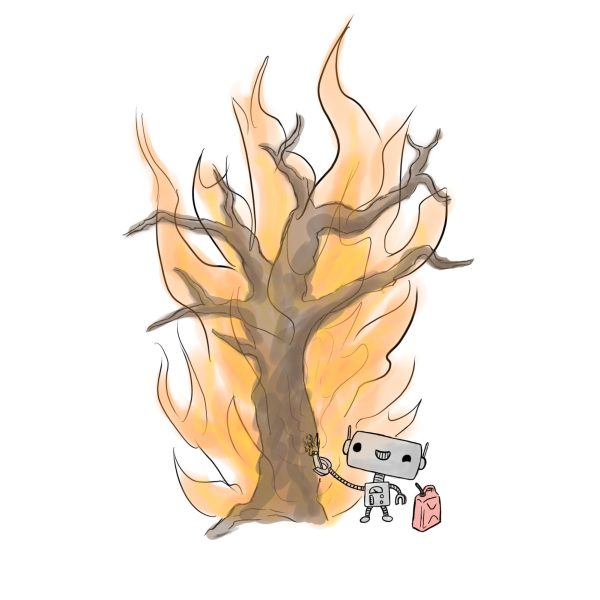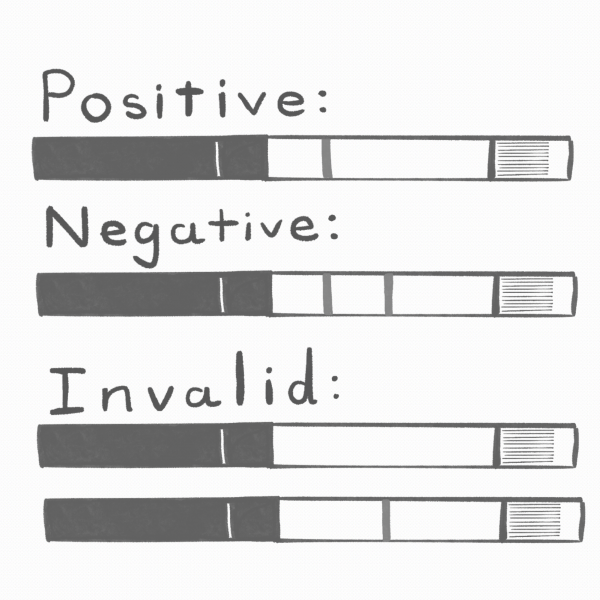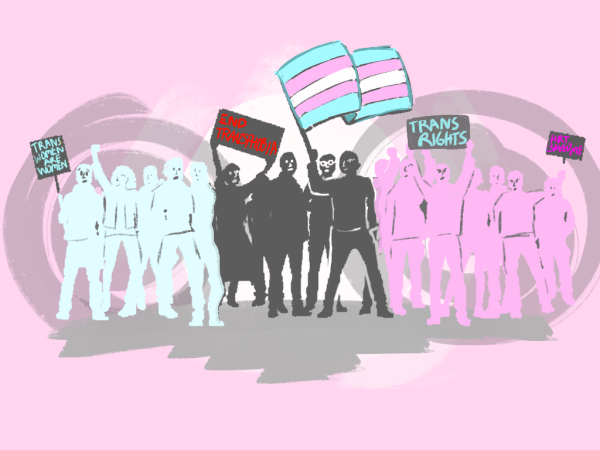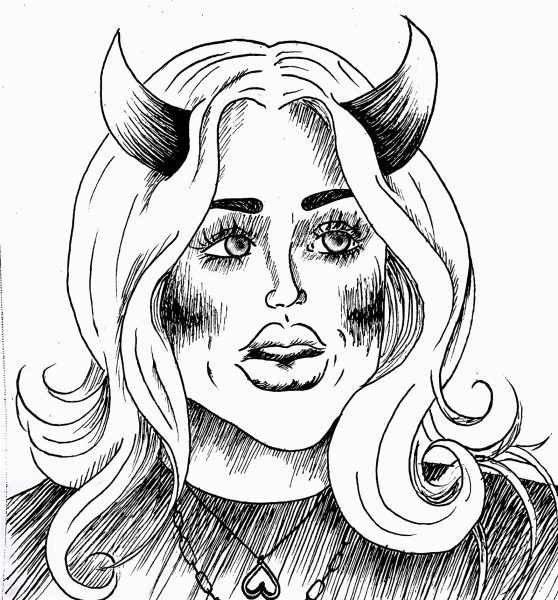Decolonial discourse and recognizing privilege
“Decolonization” has made its way from academic discourse to regular jargon, often appropriated as a “woke” add-on to universal activism initiatives. To truly understand colonialism’s systemic presence and the ensuing decolonial discourse, we must pay attention to the highly nuanced experiences of impacted communities and identities.
In “Decolonization is not a metaphor,” a 2012 journal article, scholars Eve Tuck and K. Wayne Yang claim that without “the repatriation of Indigenous land and life,” decolonial work is nonexistent. With this reminder, we must ask how we can better approach decolonial discourse without appropriating the term decolonization. How can our society get closer to what Tuck and Yang define as the true goal of decolonization through decolonial discourse?
Merely participating in topical discourse through bite-sized Instagram infographics or even reading articles in a classroom setting is not enough. We must also listen to the experiences of individuals most impacted by colonialism, especially people in our day-to-day lives. Without listening, decolonial discourse becomes a theoretical narrative, mystified by statistics. For example, the #SayTheirName movement, heightened during the Black Lives Matter movement, forced everyone to be aware of the lives lost to police violence on an individual identity level.
Change begins on an individual level with white people listening to people of color. Although everyone is impacted by colonial institutions and ideologies, people of color are marginalized the most. White people must be aware of intersectionalities, such as sexuality and gender, that cause heightened oppression.
Oftentimes we see open decolonial discourse take place within minority communities, but it is not met with the same vulnerability among white people, especially in conversations with people of color. Effective discourse starts with everyone acknowledging their biases, sharing their experiences with oppression and also holding themselves accountable for their own privileges within the colonial institution.
It’s a complex conversation to have, and I’ve found that white people are hesitant to acknowledge their privileges. However, productive decolonial change can only happen if the most privileged groups, like white people (specifically heterosexual white cisgender men), have honest conversations about privilege. If decolonial discourse remains in an echo chamber within minority communities, the potential for healing and change is limited.
On a personal level, I’ve seen how the lack of direct decolonial conversations with my white friends has created an unintentional separation between us, leaving me feeling like a huge part of my identity is left unseen in my white friendships.
Although I’m vocal about the violence of colonialism on social media and voice my opinions through articles and academic group discussions, I’ve struggled with being honest when confronting how my white friends either uphold or benefit from colonial practices. I’ve realized my own discomfort with having open conversations about race with my white friends is rooted in unhealed racial trauma and a fear of an “awkward” confrontation when making someone aware of their privilege.
I’ve also noticed that my white friends participate in activism discourse that approaches decolonial perspectives when it doesn’t apply to them. For example, my friend, a straight white cis woman, is very aware of policies that infringe upon women’s rights, such as anti-abortion laws. We openly talk about misogyny caused by rigid definitions of masculinity. The conversation will remain within the space of white feminism unless I provide insight into the intersection of race, feminism and queer identities, and begin approaching decolonial perspectives.
But why is it my responsibility to initiate racial decolonial discourse with my white friends? The answer is that white people don’t have to consider the harm of colonial practices they benefit from. I, a dark-skinned South Indian queer woman with non-Eurocentric physical features, am more oppressed by colonial ideologies and therefore am more aware of their harm.
My white friends carry a mix of purposeful and unintentional ignorance because they, at a baseline, probably know they have privileges that I never will, even if they might be unaware of the specifics. It comes down to the fact that these conversations make white people uncomfortable. This discomfort is felt for both minorities and white people, but minorities are more likely to accept the discomfort because our oppressed status is already uncomfortable — it’s not really an option for us.
White people are the ones who hold the power to enact change, both in policy change and social ideologies, so will people of color always be responsible to advocate for their own oppressed statuses?
Colonial ideologies are to blame here. The only way to subvert colonial systems such as racism and rigid social systems of living that function under these ideologies is for those who benefit from these systems to always be aware of their privileges and listen to the colonially oppressed.
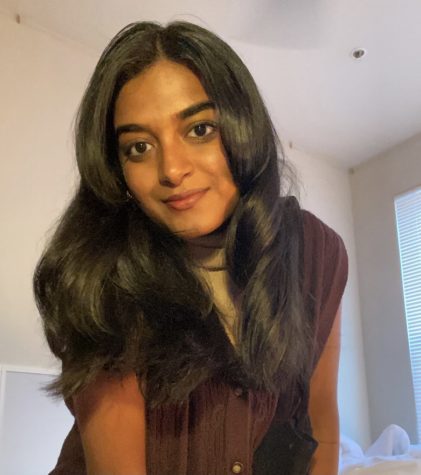
Hello! I am a junior English and Business major with a minor in creative writing. As an opinions columnist, I’m passionate about exploring anthropological...
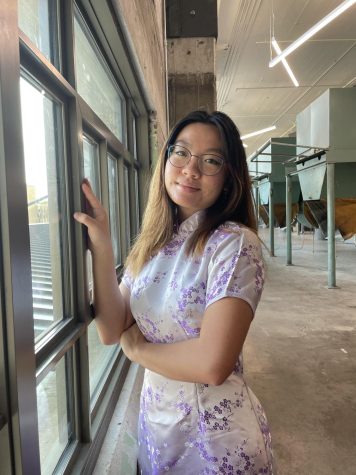
Hi guys! My name is Lily Zeng, and I am a sophomore from Memphis, TN majoring in Urban Studies with an interest in a Spanish major or minor. My favorite...

